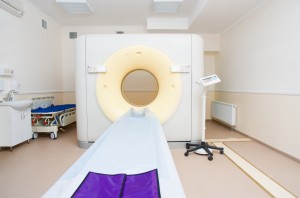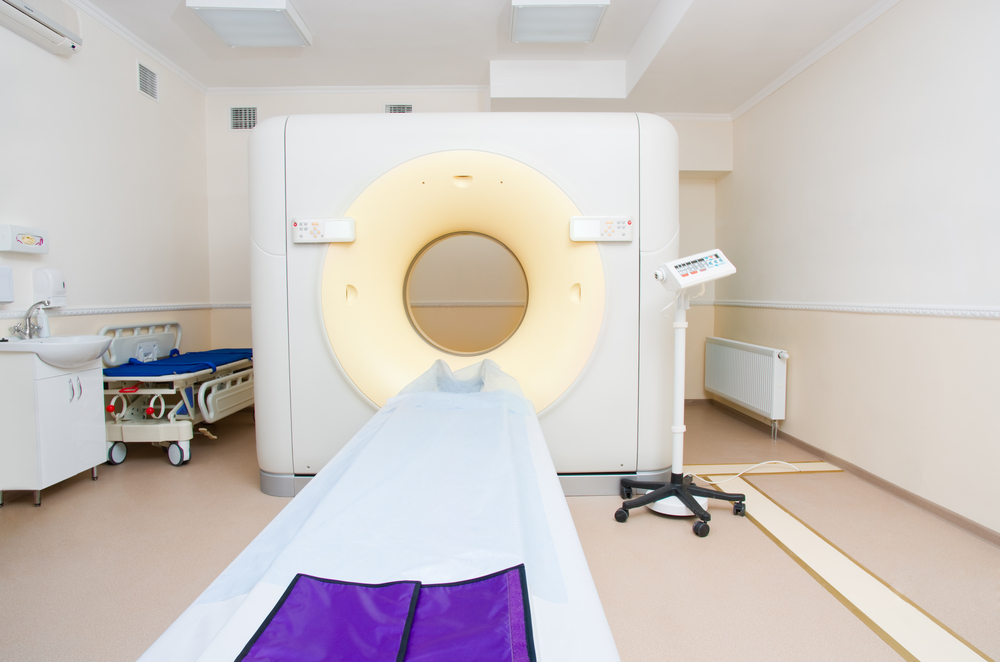 Dr. Chris Rose, chief medical technology officer for Vantage Oncology and a member of the Radiation Therapy Alliance has written an opinion letter concerning the recent proposed cuts to radiation therapy.
Dr. Chris Rose, chief medical technology officer for Vantage Oncology and a member of the Radiation Therapy Alliance has written an opinion letter concerning the recent proposed cuts to radiation therapy.
Radiation therapy is an efficient and proven method to treat several types of cancer. Radiation therapists use state-of-the-art, high-energy radiation to shrink tumors and kill cancer cells with precision and aiming for minimal toxic side effects, helping thousands of patients win their battle with cancer.
Radiation oncologists and the facilities that provide this type of therapy now face public policy obstacles in their pursuit of delivering this care, the results of which can have catastrophic consequences for both patients and clinicians alike.
In the 2015 Physician Fee Schedule Proposed Rule, the Centers for Medicare & Medicaid Services (CMS) have proposed changing the way radiation therapy centers are recognized for the expenses inherent in creation and construction of the vault. If this proposal is implemented, it would ultimately mean that physicians would not be able to afford acquiring the necessary equipment to deliver the best radiotherapy treatment available.
Furthermore, it would lead to a 6% cut to radiation therapy centers, adding to the 20% cut in pay for freestanding radiation therapy centers that has been gradually occurring over the last 10 years.
[adrotate group=”1″]
These reductions can significantly compromise cancer care for all Americans, both for patients who rely on Medicare for insurance purposes, but also for patients who risk loosing access to certain cares if treatment facilities close.
“In addition to risking patient access to care, the CMS’ proposed change is financially imprudent. Medicare pays significantly more to hospitals than freestanding facilities for radiation therapy services and the proposed rule will exacerbate that differential by cutting payments to freestanding facilities while giving a boost to hospital-based doctors. Such a change wouldn’t save the taxpayer money. Instead, it would lead to more Medicare spending as hospitals would begin to treat more patients and freestanding setting would treat fewer” Dr. Rose explained.
This proposal is being revised CMS’ court, and a final decision can only be expected in early November.


